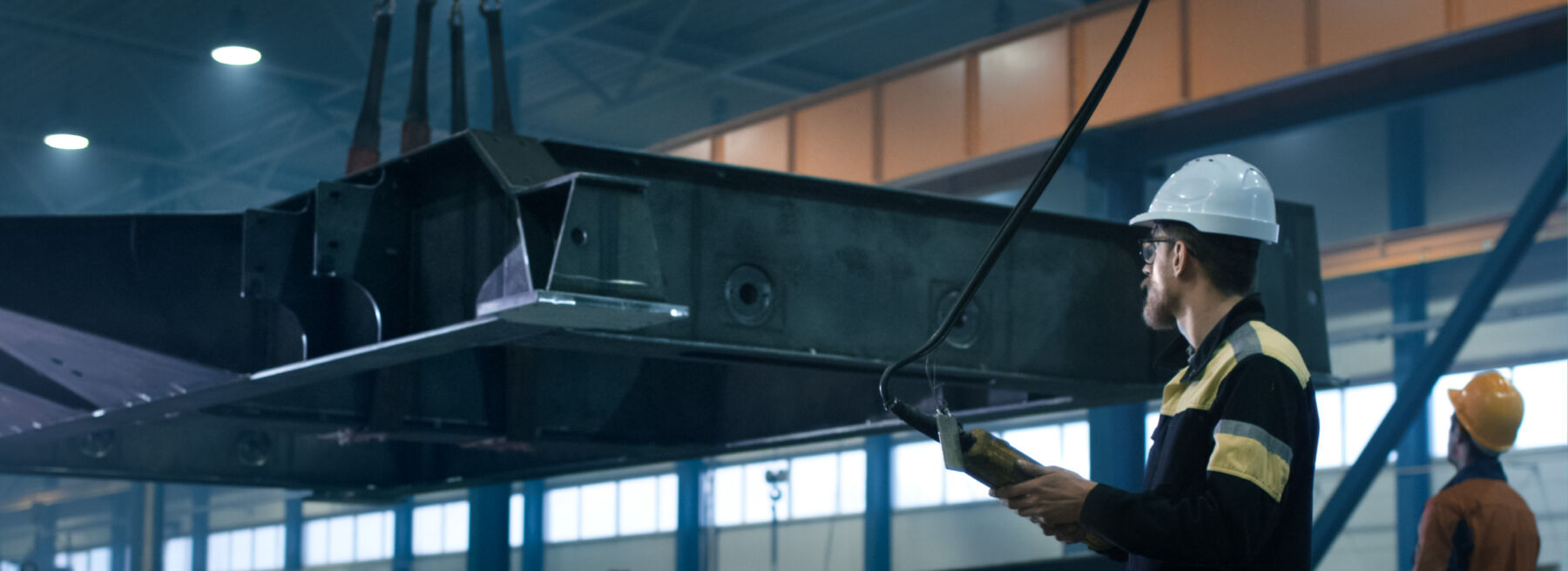In recent developments, the global metal industry has faced significant disruptions following sanctions imposed by the UK and US against Russian-origin metals. This response to geopolitical tensions has led both the US and British governments to prohibit the Chicago Mercantile Exchange, (CME) and the London Metal Exchange (LME) from accepting new Russian-produced aluminum, copper, and nickel, three commodities essential in numerous industries worldwide, according to a report from MINING.COM.
This decision is in line with the broader political efforts against Russia, and it highlights the international community’s stance on the issue. The move also has significant implications for the global supply chains that depend on these essential metals.
For industries and companies depending on these materials, the ramifications are extreme. Aluminum, copper, and nickel are critical in everything from automotive manufacturing to electronics and construction. The ban leads to immediate concerns about supply shortages and increased costs, as companies scramble to secure materials from alternative sources.
The situation is complicated even more by the unpredictable nature of the metal markets. A recent analysis by Bank of America suggests that copper prices are starting to deviate from their usual market trends, indicating a potential “big crunch” as demand increases and supply remains limited. At the time of this writing, the current copper price is $4.32 per pound, reaching its highest level in two years.
These market dynamics are risky for stakeholders in different sectors. It is essential to be adaptable and strategic to handle these uncertain conditions.
How These Sanctions Will Impact Security at Mining Facilities
For mining facilities and related industries, these sanctions introduce a series of security challenges and concerns that must be addressed to maintain operational integrity and compliance with international laws.
Increased Risk of Theft and Vandalism
With sanctions limiting the availability of certain metals on the global market, the value of these commodities increases, making mining sites more attractive targets for theft. Facilities that mine or store high-demand metals like aluminum, copper, and nickel may see a heightened risk of criminal activities.
Heightened Regulatory Scrutiny
Sanctions mean tighter controls and more rigorous enforcement by governments and international bodies. This will lead to increased scrutiny of mining operations. Facilities must ensure they are not inadvertently processing or trading banned substances. This requires strong systems that can track the origin and movement of materials, auditing processes, and enhanced surveillance to maintain compliance.
Need for Enhanced Surveillance and Monitoring
To manage these risks, mining facilities will likely need to enhance their surveillance and monitoring capabilities. This includes expanding the use of remote video monitoring systems to keep a watchful eye over operations, secure storage areas, and transportation of materials. Real-time surveillance helps in detecting and responding to unauthorized access or suspicious activities immediately, to deter potential theft or damage.
Implementation of Advanced Access Controls
Considering all the challenges, mining facilities might need to implement more sophisticated access control systems. These would help ensure that only authorized personnel have access to sensitive areas, specifically where high-value metals are processed or stored. Biometric systems, RFID badges, and automated gate systems can all be part of a comprehensive access control strategy to help secure critical areas.
Remote Video Monitoring
A proactive security solution such as remote video monitoring can be critical for businesses within the metal industry. With this real-time video surveillance solution, companies can better protect their assets, manage risks, and ensure compliance with new regulatory measures.
Surveillance technology can help in several ways:
Theft Deterrence: As previously stated, with the rising value of metals, sites have become prime targets for theft. Real-time monitoring can help deter criminal activity and provide immediate responses in case of incidents.
Unlike traditional surveillance systems that merely record footage for later review, remote video monitoring involves real-time observation by security professionals. These trained personnel watch the live feeds from cameras installed on-site from a remote location. The real-time aspect is crucial for immediate action and response.
If the trained monitoring operators spot suspicious activity, they can quickly assess the situation and take action using several response protocols. This might include activating warnings from on-site speakers and/or contacting local law enforcement. The ability to react instantly adds a layer of security that traditional systems cannot offer.
Evidence Collection and Review: Should a security breach occur, the video footage obtained from the surveillance cameras can be used as evidence in investigations and legal proceedings.
Supply Chain Transparency: Cameras and monitoring services can oversee the movement and storage of metals to help make sure companies do not inadvertently breach sanctions by receiving banned materials.
Compliance and Auditing: Continuous monitoring helps to maintain rigorous compliance with international laws and regulations. Video archives can serve as evidence during audits to verify that no sanctioned materials are being used or traded.
As businesses adjust to the changing environment, advanced proactive monitoring systems will become even more crucial. These systems not only provide security but also offer a strategic advantage by helping to ensure continuous operations and support compliance efforts. The ability to respond to incidents promptly and monitor compliance in real-time is an invaluable asset in uncertain times.
For businesses in the metals industry, where the impact of theft can be profound, this level of security is not just beneficial but essential.
Learn more about remote video surveillance in this free guide Top 6 Challenges in Mining or contact us.
Texas Private Security License Number: B14187
California Alarm Operator License Number: ACO7876
Florida Alarm System Contractor I License Number: EF20001598
Tennessee Alarm Contracting Company License Number: 2294
Virginia Private Security Services Business License Number: 11-19499
Alabama Electronic Security License # 002116
Canada TSBC License: LEL0200704

